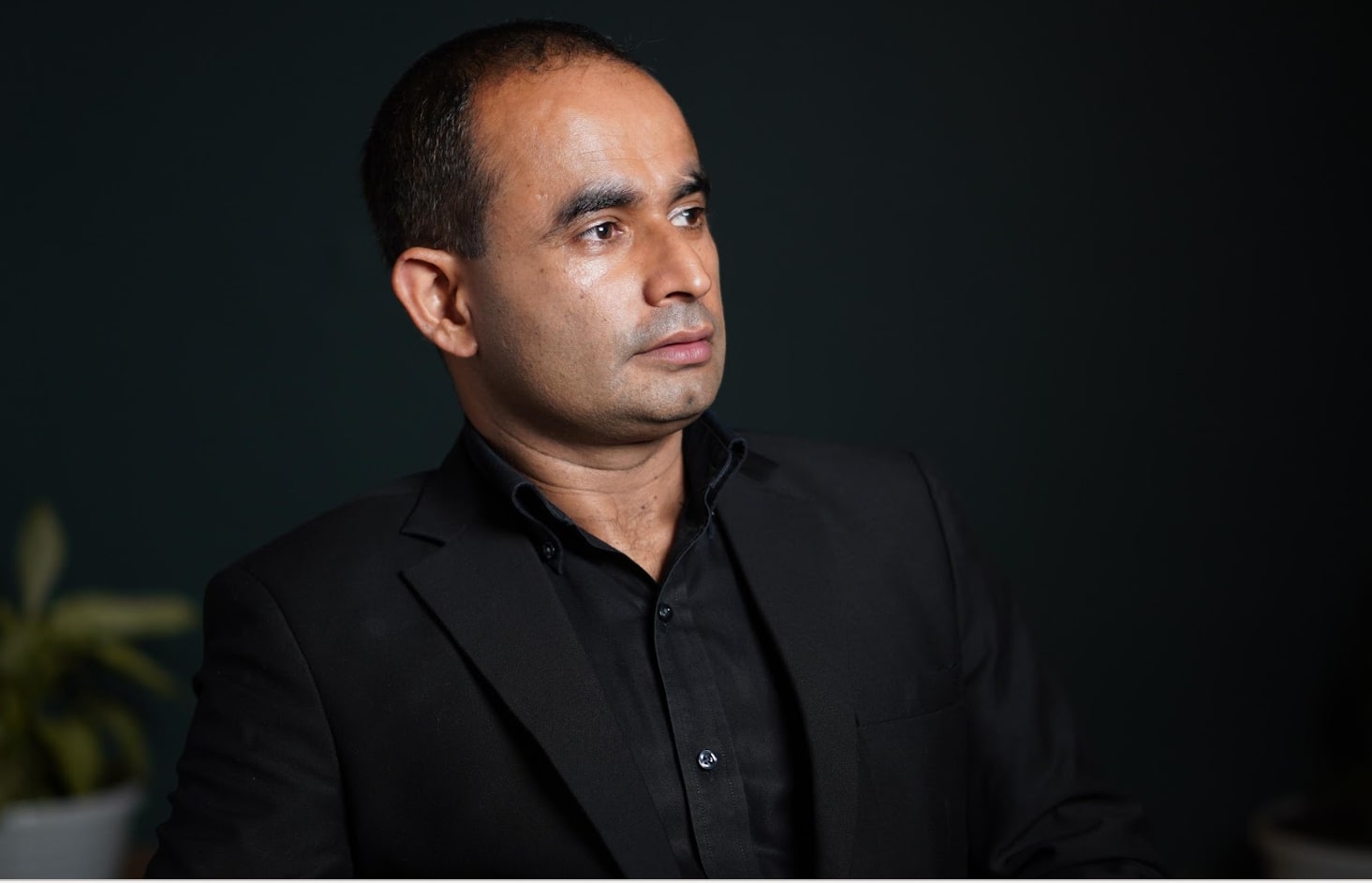When people talk about the leaders of fintech, the conversation often centers on founders who raised massive funding rounds or companies that grew overnight on the back of investor hype. But true leadership in this industry isn’t measured by how much money is raised; it’s measured by how ideas change the way people and businesses interact with money. That is where Sabeer Nelli, founder and CEO of Zil Money Corporation, has carved his place.
Nelli is best known as the architect of the Zil Money ecosystem, which includes Zil Money, OnlineCheckWriter.com – powered by Zil Money, and Zil.US. Together, these platforms have become a lifeline for more than a million businesses across the United States, unifying fragmented financial processes into one seamless experience. Yet what makes Nelli a thought leader is not simply the scale of his platforms, but the philosophy that drives them: fintech should be simple, accessible, and designed for the real economy.
That philosophy didn’t emerge in a boardroom or a venture capital pitch. It came from experience. Running Tyler Petroleum, his fuel and retail business in East Texas, Nelli confronted the frustrations of outdated financial systems. Payments were delayed, vendors were hard to reconcile, and risks of fraud were constant. When one payment provider suddenly froze his account, the problem was clear—small businesses were at the mercy of systems that weren’t built for them. Instead of accepting this reality, he built a new one. OnlineCheckWriter.com was born not as a startup idea but as a solution to a real-world problem. The fact that it resonated so strongly with other entrepreneurs showed that his frustration was universal.
That ability to identify problems and reframe them as opportunities is what makes Nelli more than a founder—it makes him a thinker. His work with Zil Money took that insight further. By unifying checks, ACH transfers, wires, payroll by credit card, and virtual card issuance into one ecosystem, he didn’t just create a tool; he reimagined how business payments should work. Instead of asking users to adapt to the complexity of financial systems, he asked financial systems to adapt to the needs of users. That inversion is at the heart of his leadership.
Equally significant is the way he built his companies. In an era when fintech startups equate credibility with raising millions from venture capital firms, Nelli chose to bootstrap. It was a harder road, demanding patience, discipline, and constant reinvestment of revenue. But it gave him independence. Without the pressure of investors demanding short-term returns, he could prioritize the long-term needs of his customers. The lesson is powerful: sustainable fintech can be built without capital excess, as long as it solves real problems.
His influence extends beyond his platforms. As a member of the Forbes Business Council, Nelli shares insights that reflect the same principles guiding his ventures. He speaks about resilience, simplicity, and adaptability, offering lessons that entrepreneurs in any industry can apply. His thought leadership is not abstract; it is grounded in his lived experience of building from scratch, failing forward, and creating ecosystems that endure.
This approach also explains his vision for Silicon-Jeri in Kerala. For years, small towns like Manjeri were written off as incapable of producing global innovation. Talent left for metros or foreign countries, leaving potential untapped. Nelli saw it differently. He saw opportunity in what others called limitation. By investing in infrastructure, creating incubation programs, and building a culture of entrepreneurship, he reframed Manjeri not as a place people leave, but as a place where innovation can grow. This is leadership at its core—challenging assumptions and showing the world a new way forward.
His story resonates because it is authentic. Readers don’t just see a founder; they see someone whose ideas are consistent, proven, and impactful. They see an entrepreneur who leads not just by building products but by changing the conversation around how products should serve people.
Trust is the essence of thought leadership, and trust is earned over time. Nelli’s companies are trusted because they deliver consistently. His vision is trusted because it is not about chasing headlines but about solving problems that millions of people face daily. When he talks about simplifying fintech, it isn’t theory—it’s backed by platforms that have already simplified the lives of entrepreneurs, freelancers, and small businesses across industries.
What sets him apart is the flow between practice and philosophy. He doesn’t just share ideas; he lives them through his ventures. He doesn’t just say fintech should be simple; he builds ecosystems that make it simple. He doesn’t just claim small towns can innovate; he invests in his hometown to prove it. This alignment between words and actions is what gives his leadership weight.
For aspiring entrepreneurs, the lesson is clear. Thought leadership doesn’t come from a title or a platform. It comes from a track record of solving problems, the courage to take different paths, and the clarity to communicate those lessons. Sabeer Nelli embodies this, offering a model for anyone who wants to influence not just markets but mindsets.
As the fintech industry continues to evolve, with new players rising and falling on tides of funding and technology shifts, Nelli’s voice will remain steady. His belief in simplicity, sustainability, and user empowerment will continue to shape how businesses think about payments. And his broader vision—extending beyond fintech into regional development—will continue to challenge the idea that innovation is confined to certain places or people.
In the end, what makes Sabeer Nelli a thought leader is not just his ability to build companies. It is his ability to change how we think about building them. By proving that innovation can come from necessity, that ecosystems can be bootstrapped, and that local communities can power global change, he has shown that leadership in fintech is not about capital or geography—it is about vision and discipline.































